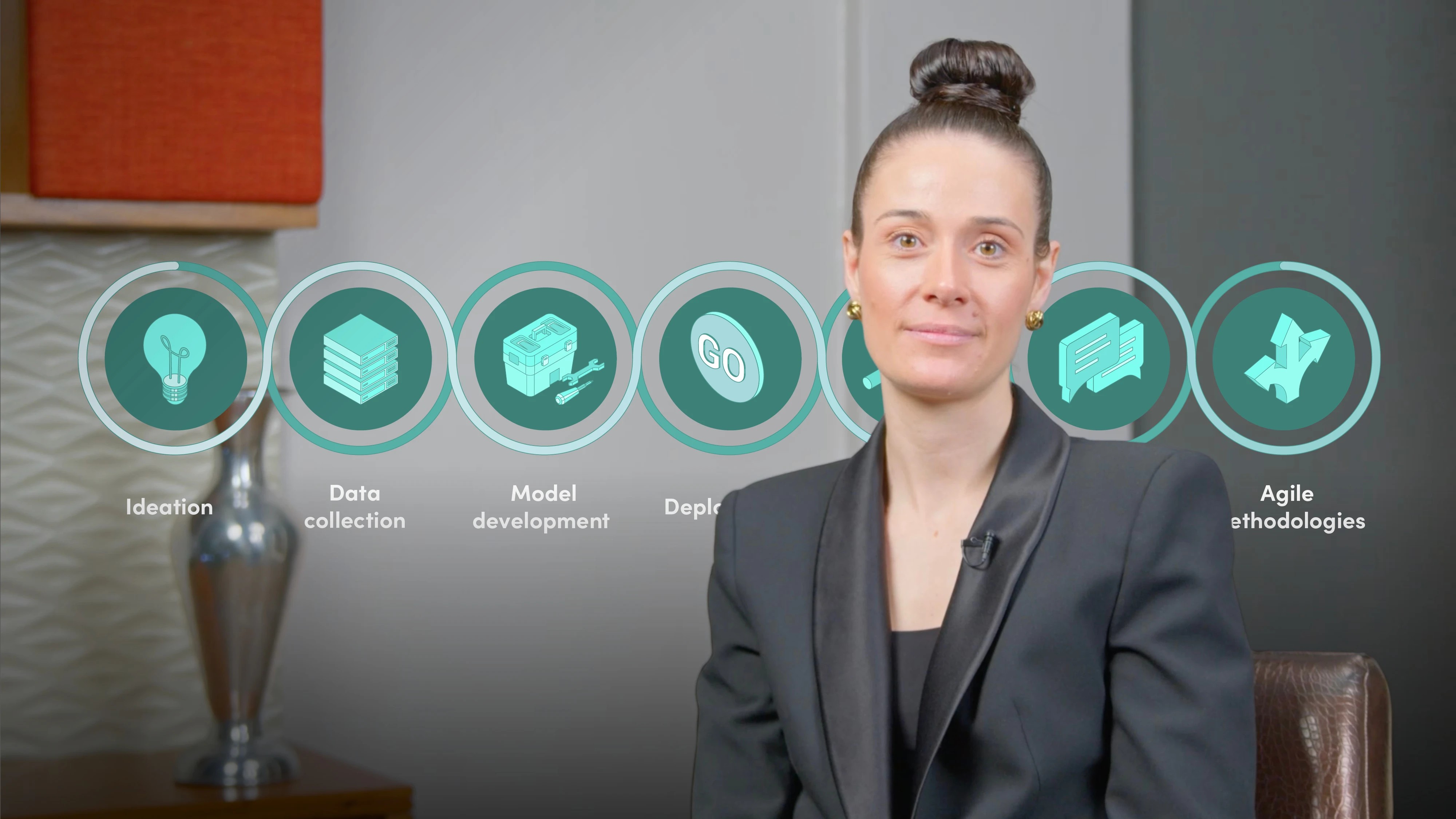
Assessing Your AI Project’s ROI

Priya Lakhani
20 years: CEO and AI Business Strategist
Want your AI investment to deliver real value - and not just be a shiny new tool? Join Priya Lakhani and learn how to measure real impact with practical tips.
Want your AI investment to deliver real value - and not just be a shiny new tool? Join Priya Lakhani and learn how to measure real impact with practical tips.
Subscribe to watch
Access this and all of the content on our platform by signing up for a 7-day free trial.

Assessing Your AI Project’s ROI
13 mins 48 secs
Key learning objectives:
Understand the importance of measuring AI impact
Learn how to measure ROI
Outline ways to optimise AI processes
Skills:
Impacts:
Operational Efficiency
Overview:
Subscribe to watch
Access this and all of the content on our platform by signing up for a 7-day free trial.
Measuring the impact of AI is crucial because it validates your investment and ensures that your time and resources are delivering tangible benefits. By measuring impact, you can determine if your AI initiatives are yielding the expected results or if adjustments are needed. It also helps you make smarter decisions for future AI projects, by identifying what’s working well and what isn’t. Additionally, measuring the impact of AI builds confidence among stakeholders, fosters transparency, and facilitates continuous improvement.
How can you measure ROI from AI implementation?
You can measure the ROI of AI by tracking key metrics across six areas: productivity, cost efficiency, revenue growth, process optimisation, customer satisfaction, and decision-making improvements. For example, AI can enhance productivity by automating routine tasks - track how much faster tasks are completed or the increase in output. Cost efficiency can be measured by reductions in operational costs, such as labour or errors. Revenue growth is tracked by measuring sales increases or customer lifetime value from AI-driven improvements like personalised recommendations.
How can AI improve customer satisfaction?
AI enhances customer satisfaction by providing faster, more personalised services. To measure this, track Customer Satisfaction Scores and Net Promoter Scores before and after AI implementation. For example, an insurance company automating its claims process with AI can measure the reduction in processing time from weeks to days, as well as improved accuracy and satisfaction levels.
How can you optimise AI processes for continuous improvement?
AI helps identify inefficiencies and streamline workflows by analysing large volumes of data. Continuous improvement requires ongoing monitoring and refinement, using real-time data to make adjustments. To create a cycle of improvement, regularly collect feedback, conduct audits, and involve employees in the optimisation process.
Subscribe to watch
Access this and all of the content on our platform by signing up for a 7-day free trial.

Priya Lakhani
There are no available Videos from "Priya Lakhani"













